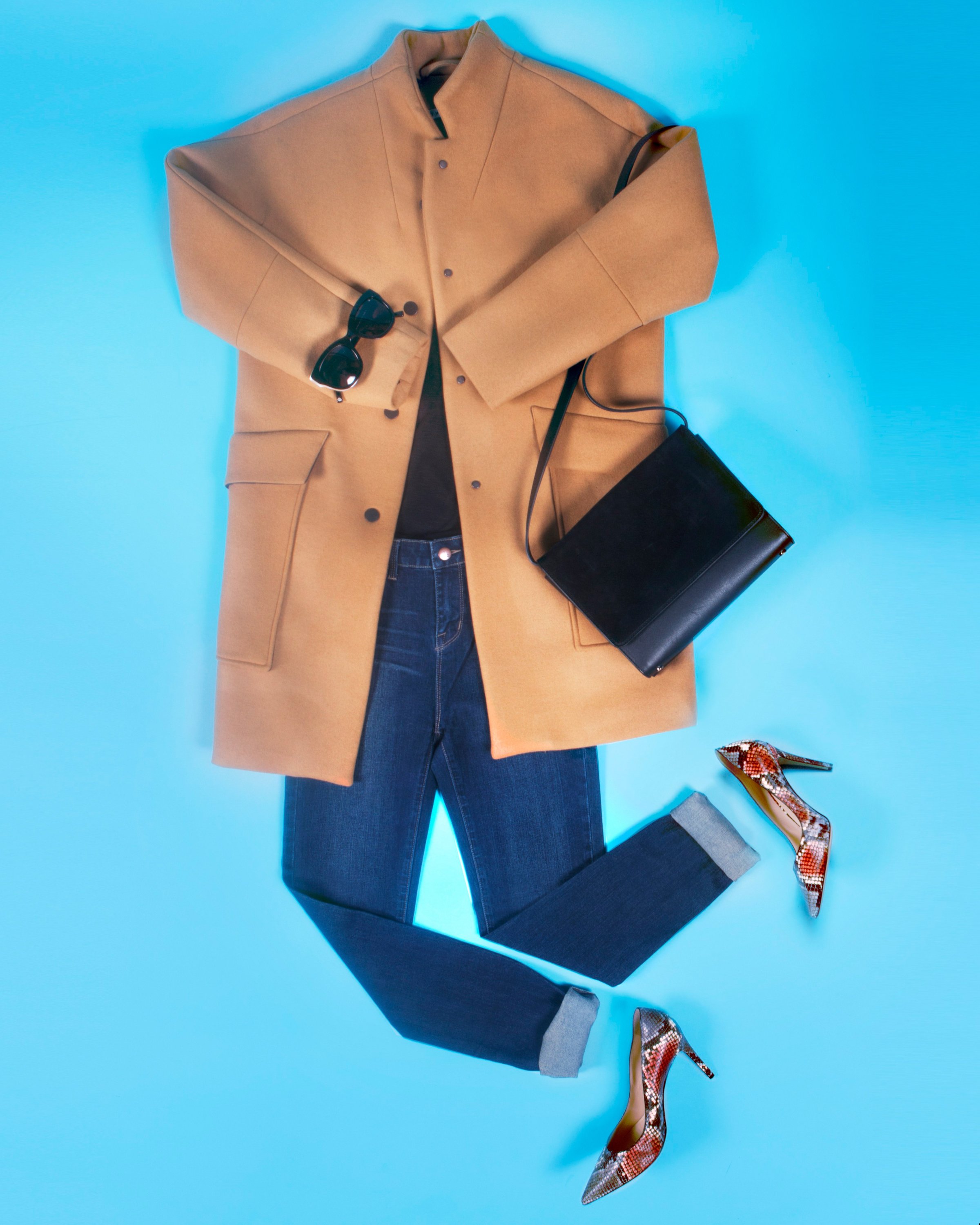
Here’s the story of a cashmere sweater: ultra-fine fibers from the hairs of a particular goat, spun into delicate Italian thread. At Bergdorf’s, a Brunello Cucinelli pullover runs $3,215. J. Crew sells a similar style for $278. Everlane’s version: $125.
Not surprisingly, the four-year-old online-only venture has seen sales jump. The label touts its “radical transparency”; a shopper can browse Everlane’s scarves as easily as she can read about the factory in Scotland where they’re made. Says 30-year-old Everlane CEO Michael Preysman: “People want to know where their clothing is made and what it costs to make. There isn’t a lot of information in the retail space.”
Everlane is one of a raft of new e-brands trying to fill the quality and price gap between JCPenney and J. Crew–or even JCPenney and Gucci. Warby Parker, a maker of tony-looking eyeglass frames, started the modern direct-to-consumer trend when it launched in 2010. Since then it has been joined by Everlane, M. Gemi in women’s shoes and DSTLD in denim, among others. These fashion brands claim rigid adherence to quality, affordable prices and minimalist design–anonymous luxury.
That approach is in line with shifting consumer tastes. According to the research firm McKinsey, 80% of luxury-shopping Americans prefer to do so whenever they have the time, and 63% of them would rather not have a salesperson hovering. Seven years after the financial crisis, a taste for luxe has rebounded, if not a willingness to spend so much.
More Must-Reads From TIME
- The 100 Most Influential People of 2024
- The Revolution of Yulia Navalnaya
- 6 Compliments That Land Every Time
- What's the Deal With the Bitcoin Halving?
- If You're Dating Right Now , You're Brave: Column
- The AI That Could Heal a Divided Internet
- Fallout Is a Brilliant Model for the Future of Video Game Adaptations
- Want Weekly Recs on What to Watch, Read, and More? Sign Up for Worth Your Time
Contact us at letters@time.com